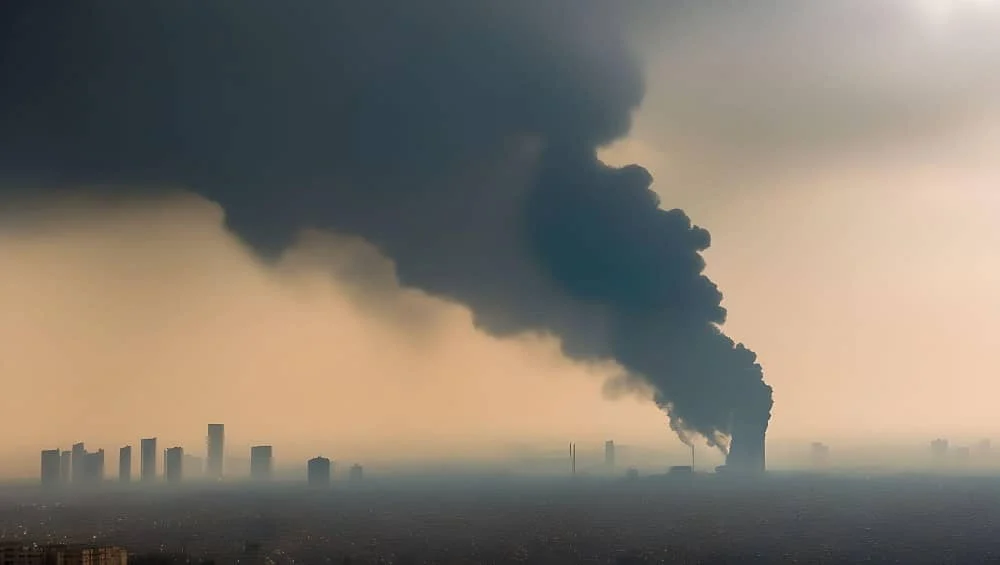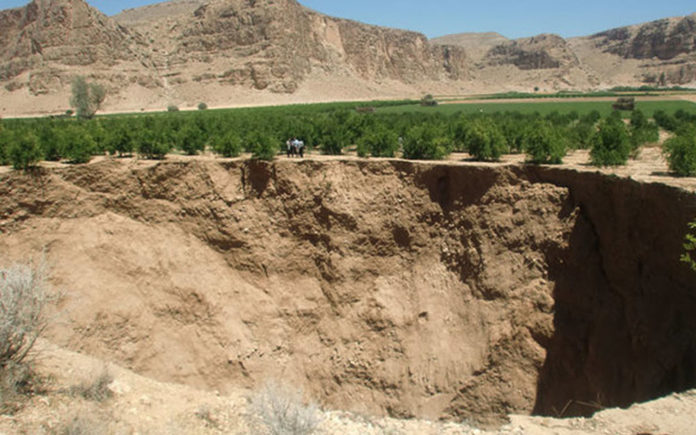

The Iranian populace is grappling with air pollution so severe that breathable air is now considered a luxury, rather than a fundamental right. This situation underscores a distressing reality: a government that ostensibly commits atrocities against its own people without a second thought.
Decades of industrial pollution, unhampered by the oversight of the ruling mullahs—who blatantly ignore international health standards have led to a public health crisis. The environmental experts and media within Iran have not been silent, frequently raising alarms about the dire situation. Yet, their warnings fall on deaf ears, with the regime’s agenda showing no concern for public health.

This figure encompasses the profound human costs increased mortality rates, a rise in respiratory diseases, cancers, and autoimmune disorders, as well as emerging conditions like multiple sclerosis in industrial areas.
The regime’s environmental policies or lack thereof have particularly dire consequences for the most vulnerable: pregnant women and newborns. The risk of premature births, developmental disorders, autism, and even fetal abortions are just a few of the tragic outcomes faced by Iran’s future generations.
Winter exacerbates the air pollution crisis, with vehicles and substandard public transportation being primary contributors. Despite the clear evidence and expert warnings, the regime’s investment in urban development and public transportation remains woefully inadequate. Legislation aimed at improving this situation, like the Law on Public Transportation Development and Fuel Consumption Management of 2007, has seen minimal implementation.

The search for clean drinking and irrigation water is likened to finding treasure amidst ruins. Mismanagement and over-extraction of groundwater resources have led to widespread land subsidence and soil erosion, further threatening the country’s agricultural viability and food security. The alarming rate of soil erosion six times the global average portends a grim future, with the potential for major crises if current practices continue.
Iran’s environmental degradation is a testament to a regime that places little value on the health of its people or the integrity of its natural resources. As the country faces this immense crisis, the call for change grows louder.

The hope for restoration lies in the prospect of a new governance model, one that prioritizes the welfare of its citizens and the preservation of its lands. Only then can Iran hope to recover from the extensive damage inflicted upon its environment and its people.

MEK Iran (follow us on Twitter and Facebook), Maryam Rajavi’s on her site, Twitter & Facebook, NCRI (Twitter & Facebook), and People’s Mojahedin Organization of Iran – MEK IRAN – YouTu







